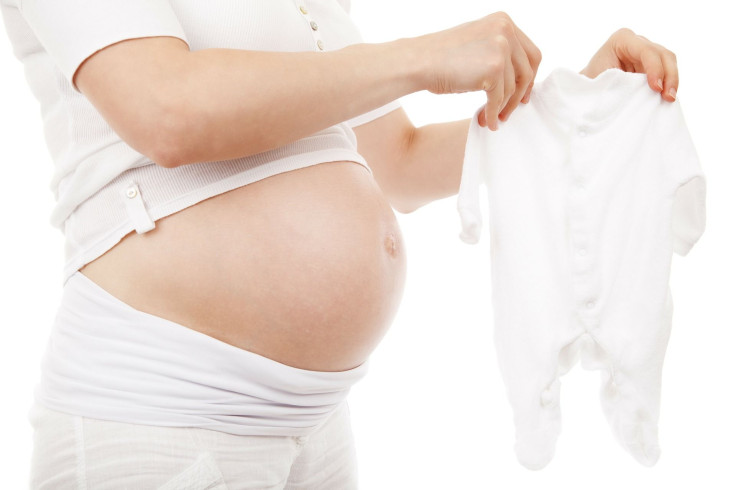Long-term Stress Linked To Higher Risk Of Miscarriage

Women who have experienced more psychological stress might be at greater risk of having a miscarriage, according to a review of studies. Researchers from universities in the United Kingdom and China found that women who reported a history of these emotionally taxing experiences increased their risk of miscarriage by up to 42 percent.
For the review, the team included eight studies that included participants who had, and had not, experienced psychological stress. They found that women who had a history of being stressed about money, marital dissatisfaction, work pressures or other psychological stressors were more likely to suffer from a miscarriage. While they could not determine the reason, the study authors believe stress hormones could harm the biochemical pathways that help women’s bodies maintain healthy pregnancies.
"While chromosomal abnormalities underlie many cases of early pregnancy loss, the results of this meta-analysis support the belief that a high level of psychological stress before and during pregnancy is also associated with miscarriage, the present results show that these psychological factors could increase the risk by approximately 42 percent,” said study co-author Dr. Brenda Todd of City, University of London, according to an article posted on Medical Xpress.
The review authors note that more research is needed to determine how and why stress affects pregnancy. However, they believe that doctors should look at a woman's emotional and psychological health in addition to the routine physical exams.
"Our review also highlights the need to include a structured psychological assessment in early pregnancy into routine antenatal care, and our work has demonstrated the potential basis for novel and effective interventions in this field, as we urgently need to identify and treat psychological factors which contribute to adverse pregnancy outcomes," said Todd in the article.
According to the American Congress of Obstetricians and Gynecologists (ACOG), about 10 percent of known pregnancies result in early loss, though many medical professionals believe this estimate is too low.
"A lot of them happen before women realize they’re pregnant," Dr. Sarah Prager, MD, associate professor of obstetrics and gynecology at the University of Washington School of Medicine in Seattle, told Everyday Health. "I tell women they’re very common, and potentially up to a third of women will experience a miscarriage at some point in their lives."
The ACOG explains that roughly half of all miscarriages are random and occur because the embryo does not have the typical number of chromosomes. This does not allow the fetus to develop normally, which can cause the early loss.
Some women may worry they did something to cause the miscarriage, like working out or having sex, but this isn’t usually the case, according to the ACOG. Cigarettes and alcohol may increase risk, but the research is inconclusive. Age does appear to be a factor, as the likelihood of experiencing a miscarriage is higher for women 40 years and older.
Many believe that having a miscarriage makes it harder to conceive later, but the ACOG says it’s possible to ovulate and become pregnant just two weeks after the loss.
"Only after two or more miscarriages does the risk of a future miscarriage increase," Prager told Everyday Health, explaining that two miscarriages bumps up your chances of having another loss slightly. However, three early losses will greatly increase your risk and testing may be done to detect any medical conditions.



























